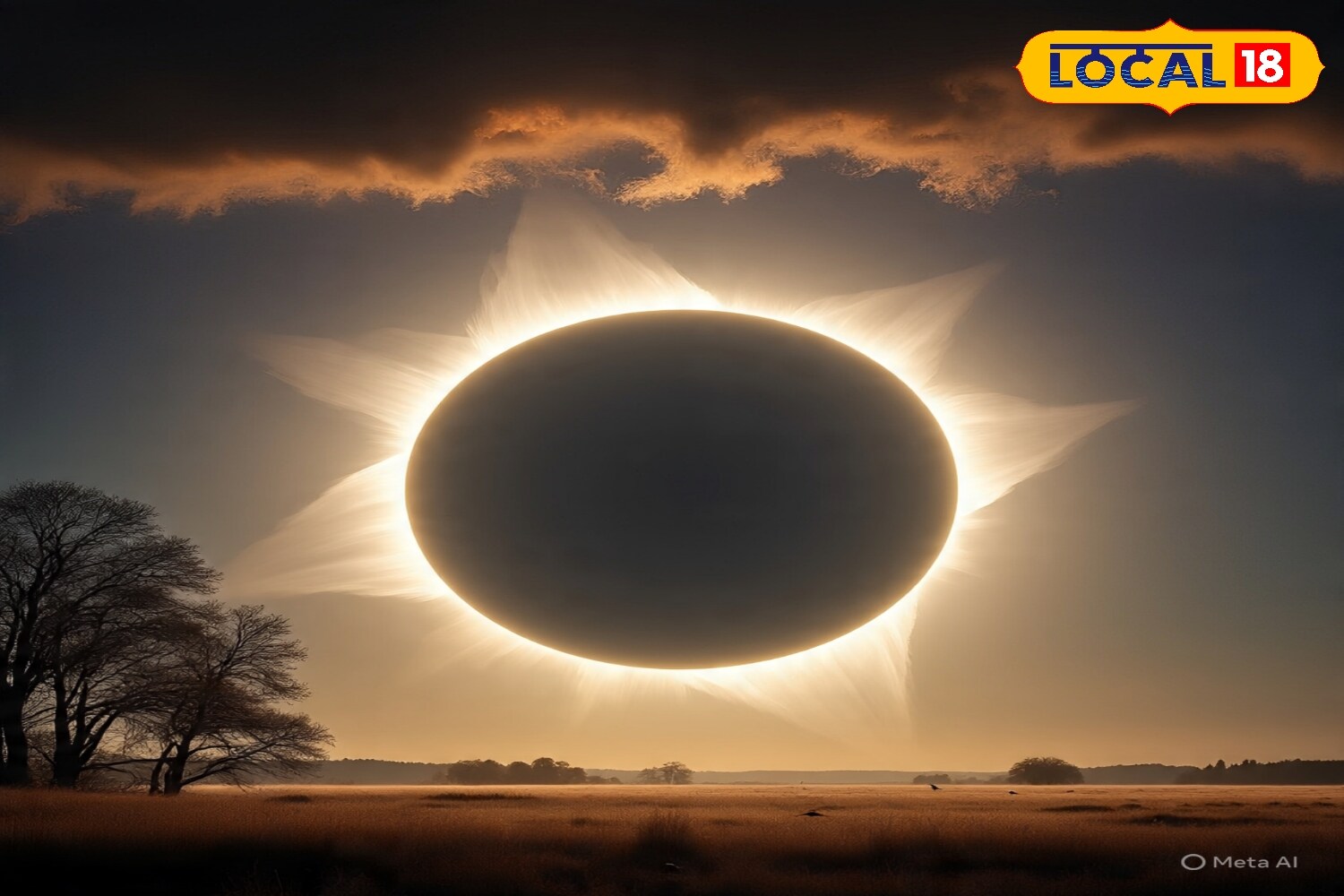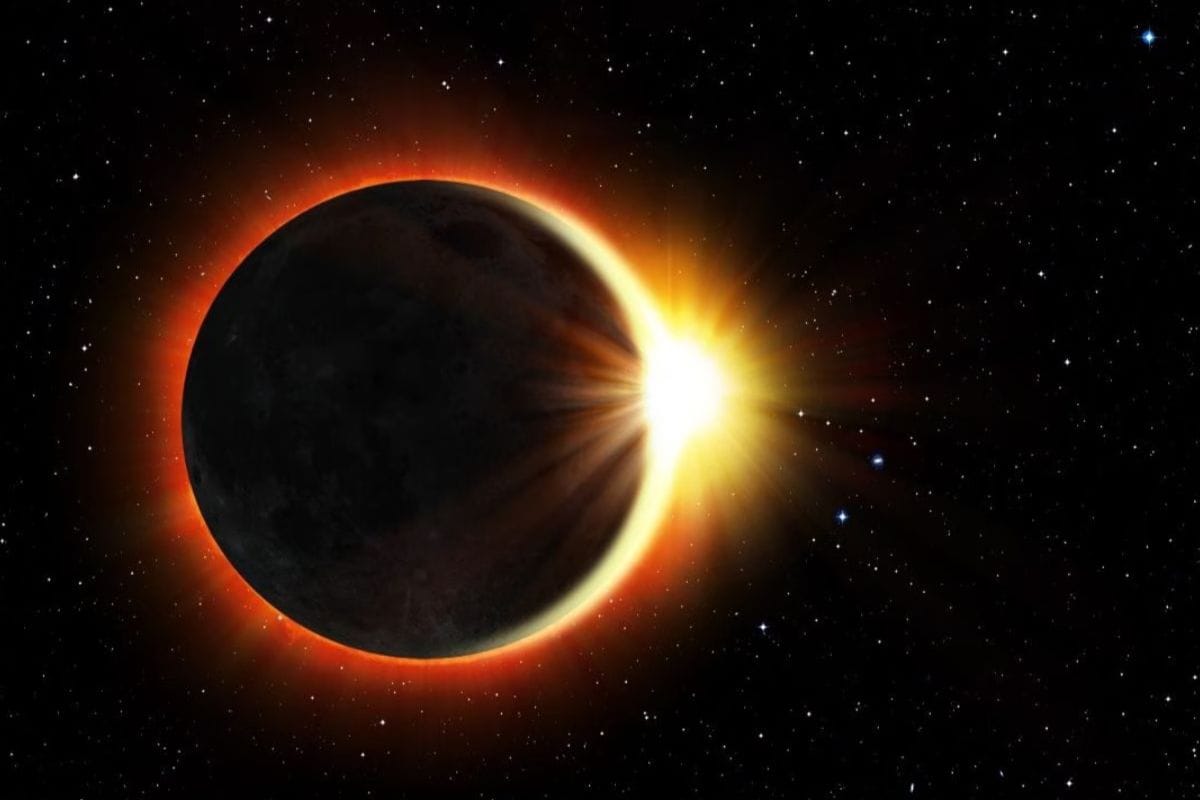
The last solar eclipse of this year will occur on Sunday, September 21, 2025. According to astrologers, the event will take place in Virgo zodiac sign and Uttara Phalguni Nakshatra. While people in some parts of the world will witness this astronomical spectacle, the eclipse will not be visible in India. As a result, there will be no Sutak period or religious significance for the country. (News18 Hindi)

Ayodhya-based astrologer Pandit Kalki Ram explained that the eclipse will begin at 11 am and continue until 3:30 pm, coinciding with the new moon day of the Hindu month of Ashwin. “Since the solar eclipse will not be visible in India, there will be no impact here in terms of religious rituals or Sutak Kaal. However, people in other countries will experience both its astronomical and astrological effects,” he added. (News18 Hindi)

From a scientific perspective, eclipses are natural celestial phenomena when the Moon passes between the Earth and the Sun, partially or completely blocking sunlight. (News18 Hindi)

In Hindu tradition, eclipses carry deep spiritual and astrological importance. The Sutak period, a time of religious abstinence, usually begins 12 hours before a solar eclipse and 9 hours before a lunar eclipse. (News18 Hindi)

This year’s final solar eclipse is expected to be visible in Australia, New Zealand, the South Pacific Ocean, parts of Africa, and the Indian Ocean region. In these locations, Sutak Kaal will also be observed. (News18 Hindi)

Countries like India, Pakistan, Sri Lanka, Nepal, Afghanistan, North America, and South America will remain outside the eclipse’s visibility zone, meaning no Sutak restrictions will apply. (News18 Hindi)

Astrologically, the eclipse occurs with the Sun positioned in Virgo alongside Mercury, forming what experts call the Buddhaditya Rajyoga. While its direct influence may bypass India, astrologers believe subtle effects could still be felt by individuals based on their zodiac signs. The September 21 solar eclipse marks the second and last such event of the year, bringing with it both scientific curiousity and spiritual debate. For India, however, the day will pass without any ritual restrictions, leaving the astronomical event to be observed from afar. (News18 Hindi)







